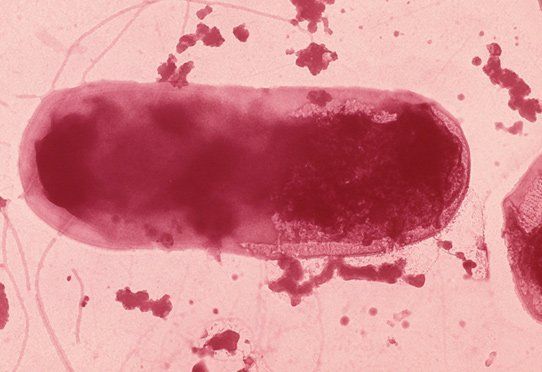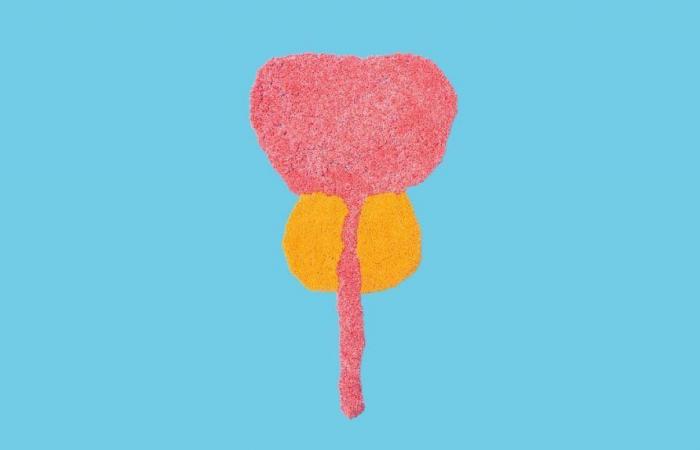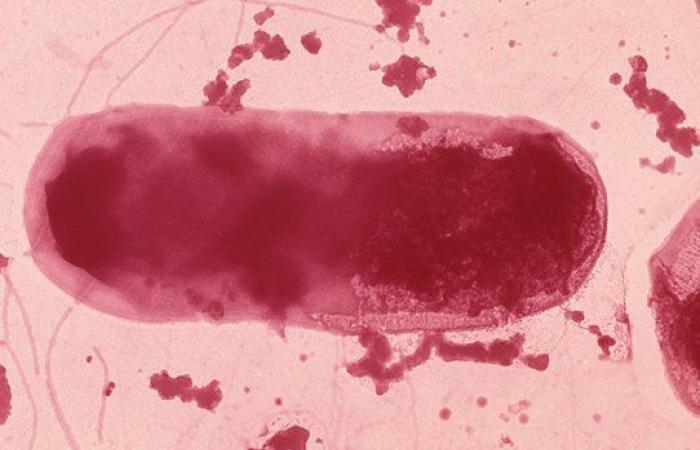Prostate cancer is the most common cancer among men. In its advanced forms, resistance to treatments often develops over time. To overcome this difficulty, the properties of vitamin D could be useful…
By binding to its receptor, vitamin D plays a well-known role in phosphorus and calcium metabolism as well as bone health. It also triggers anti-inflammatory and antiproliferative properties which have been identified more recently and could be exploited for therapeutic purposes. But based on the available data, the doses that would be necessary to administer to patients would lead to problematic variations in the level of calcium in their body.
To overcome this limit, numerous structural studies have been carried out to identify the parts of vitamin D and its receptor involved in each of these different properties. This work has made it possible to develop analogues, that is to say modified versions of vitamin D, which potentiate the anti-inflammatory or anti-tumor mechanisms triggered by its receptor. Calcipotriol is thus the first vitamin D analogue used in the local treatment of inflammation associated with psoriasis. In oncology, certain preliminary studies suggest that other analogues could overcome the resistance of breast cancer to chemotherapy (paclitaxel). Could this property also exist in prostate cancer? The question is important when we know that the majority of advanced forms of the disease evolve towards resistance to hormonal therapy – we speak of castration-resistant cancer (CRPC) – then resistance to chemotherapy with docetaxel.
Direct action on cancer cells
Gilles Laverny, researcher Inserm at the Institute of Genetics and Molecular and Cellular Biology (IGBMC) in Strasbourg, collaborates with the laboratory of Antonio Mouriño, chemist at the University of Santiago de Compostela in Spain, and with Natacha Rochel, researcher in structural biology at the IGBMC, in order to develop and then identify analogues of therapeutic interest. He looked at the effectiveness in vitro of one of them, Xe4MeCF3, whose structure would potentiate the antitumor activities of the vitamin D receptor. We proceeded in several stages, explains the researcher. Administered alone in contact with CRPC cells, docetaxel on the one hand, and Xe4MeCF3 on the other hand, are not capable of controlling the proliferation of cancer cells. On the other hand, the effectiveness of docetaxel is restored when it is administered simultaneously with Xe4MeCF3. » In other words, this vitamin D analogue is capable of removing the chemoresistance of CRPC cells. The researcher then conducted a comparable protocol in mice grafted with CRPC cells: “ We observed the same result. L’combination of docetaxel and the vitamin D analogue has a direct action on cancer cells, without promoting the survival of cells that would be more aggressive. » The researcher now needs to detail the underlying mechanisms that explain this synergy.
A proof of concept to be confirmed
The work of Gilles Laverny is the first to describe the benefit of a vitamin D analogue in restoring chemosensitivity in prostate cancer: “ This could be explained by the fact that we used cells from localized prostate tumors, taken from patients, whereas previous studies used cells from a prostate metastasis: the proliferation and survival mechanisms involved can be very different and explain the divergence of results. » How can this proof of concept of effectiveness find a future therapeutic application? “There are still several steps to take », Warns the researcher. In particular, it will be necessary to carry out the same work with cells from other patients, in order to know whether the effectiveness of Xe4MeCF3 is specific to a tumor subtype or generalizable to all CRPCs. “ It would also be interesting to evaluate other analogues in our modelrecognizes Gilles Laverny. Over 4,000 have already been generated and some may be more effective than ours. »
In any case, vitamin D is an easily accessible compound with a known benefit-risk balance. “ It could be interesting that a clinical study is already carried out, to compare the prognosis of patients with CRPC treated conventionally, alone or in combination with vitamin D administered at non-deleterious doses for the regulation of calcium in the body. »
Gilles Laverny is a researcher in the Physiopathological roles of signaling pathways team. nuclear receptors at the Institute of Genetics and Molecular and Cellular Biology (IGBMC, unit 1258 Inserm/CNRS/University of Strasbourg), in Illkirch.
Source : K. Len-Tayon et coll. A vitamin D‑based strategy overcomes chemoresistance in prostate cancer. British Journal of PharmacologyJuly 9, 2024; doi:10.1111/bph.16492
Author: C.G.
Also read








